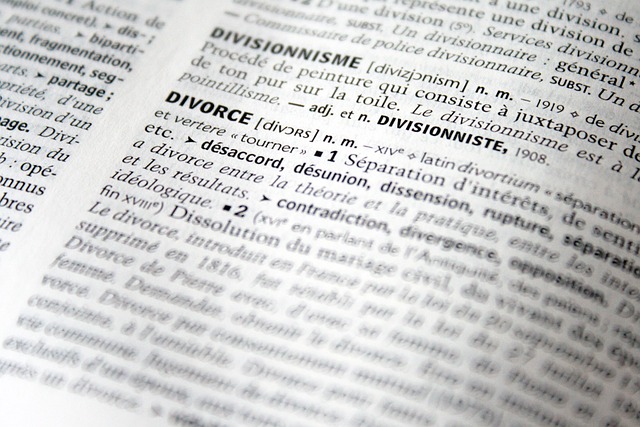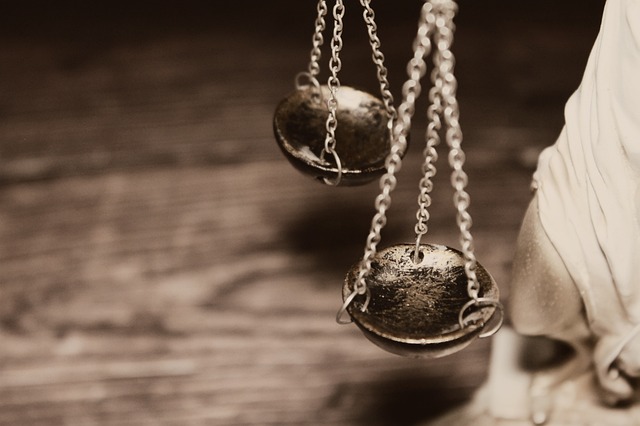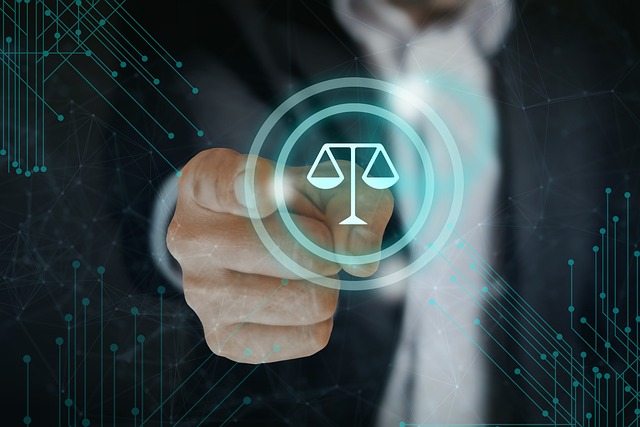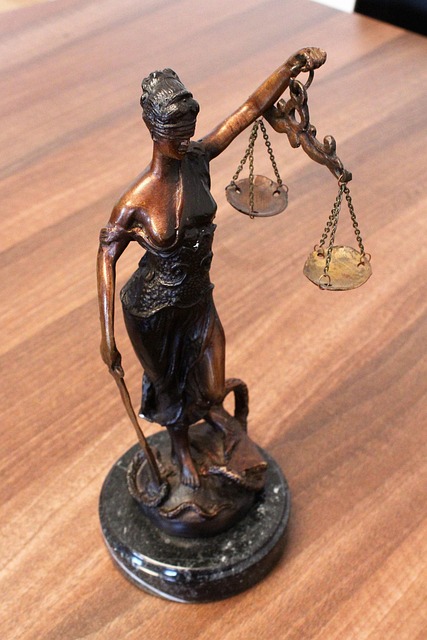Understanding your rights and navigating complex legal systems is crucial for effective criminal defense. Skilled attorneys investigate, challenge evidence, and present compelling arguments to protect client rights, potentially leading to steps to overturn a wrongful conviction. Uncovering the truth involves scrutinizing evidence, witness testimonies, and exposing flaws like tampering or mistakes. Successful defense attorneys build trust within philanthropic and political circles by securing freedom for wrongly convicted individuals. Navigating legal procedures, advocating on behalf of clients, and employing strategic tactics are key; understanding the steps to overturn a wrongful conviction ensures justice for all accused.
“Criminal Defense Attorneys: Navigating the Complexities of Justice In a world where misunderstandings and misrepresentations can lead to wrongful convictions, understanding your rights is paramount. This article delves into the crucial role criminal defense attorneys play in safeguarding individuals against legal errors. We explore essential aspects, from ‘Understanding Your Rights’ as the cornerstone of defense, to ‘Investigating and Challenging Evidence’ for truth-seeking. Learn about ‘Navigating Legal Procedures’ ensuring fairness and uncover strategies for ‘Steps to Appeal’ a potential wrongful conviction.”
- Understanding Your Rights: The Foundation of Criminal Defense
- Investigating and Challenging Evidence: Uncovering the Truth
- Navigating Legal Procedures: Ensuring a Fair Trial
- Steps to Appeal: Overturning a Wrongful Conviction
Understanding Your Rights: The Foundation of Criminal Defense

Understanding your rights is the cornerstone upon which effective criminal defense rests. When faced with criminal charges, it’s crucial to recognize that you have protections guaranteed by law. These rights serve as a shield against unjust prosecution and ensure fairness in the legal process. Knowing and exercising these rights can be pivotal in navigating complex legal systems. By understanding procedural steps, such as the right to remain silent, the ability to confront witnesses, and the privilege against self-incrimination, accused individuals empower themselves to build a robust defense strategy.
The goal of a skilled criminal defense attorney is to navigate these waters with expertise, ensuring clients’ rights are upheld at every turn. This often involves meticulous investigation, challenging evidence, and presenting compelling arguments on behalf of their clients. Furthermore, understanding the intricate legal framework and potential loopholes can lead to successful steps to overturn a wrongful conviction, culminating in the complete dismissal of all charges. This process requires a deep knowledge of both case law and procedural rules, ultimately protecting individuals from unjust convictions and fostering trust in the justice system, especially within the philanthropic and political communities.
Investigating and Challenging Evidence: Uncovering the Truth

Uncovering the truth is a paramount aspect of criminal defense, especially when aiming to overturn a wrongful conviction. Criminal defense attorneys employ meticulous strategies to investigate and challenge evidence presented by the prosecution. This involves scrutinizing the collection process, testing the integrity of physical evidence, and examining witness testimonies for any inconsistencies or biases.
By taking these steps, lawyers can expose flaws in the case, including potential tampering with evidence, unreliable eyewitness accounts, or forensic mistakes. These efforts not only protect the rights of the accused but also ensure that justice is served accurately. Across the country, successful criminal defense attorneys have achieved extraordinary results by navigating complex legal landscapes and presenting compelling arguments to free those wrongly convicted, thereby fostering trust within philanthropic and political communities.
Navigating Legal Procedures: Ensuring a Fair Trial

Navigating legal procedures is a critical aspect of ensuring a fair trial for clients facing criminal charges. Criminal defense attorneys play a pivotal role in guiding their clients through this complex landscape, advocating on their behalf, and protecting their rights. They help clients understand the various stages of a criminal case, from initial investigations to pre-trial hearings and ultimately, the trial itself.
By employing strategic tactics and leveraging legal knowledge, these attorneys can challenge evidence, question witnesses, and present compelling defenses. One key goal is to protect against wrongful convictions. This may involve investigating potential issues like prosecutorial misconduct, insufficient evidence, or violations of constitutional rights. Understanding the steps to overturn a wrongful conviction, including filing appeals and seeking post-conviction relief, is part of a general criminal defense strategy. Even in complex cases, such as white-collar and economic crimes, a well-prepared defense can lead to the complete dismissal of all charges, ensuring justice for the accused.
Steps to Appeal: Overturning a Wrongful Conviction

Overturning a wrongful conviction is a multi-step process that requires meticulous attention to detail and a deep understanding of the legal system. The first step involves reviewing the case files and evidence to identify any discrepancies or violations of the defendant’s rights. This may include examining procedural errors, inadequate representation by defense counsel, or the use of tainted evidence. If significant issues are found, the next phase entails preparing a robust appeal strategy. This involves crafting a compelling legal argument and presenting it before the respective business, highlighting the irregularities that led to the conviction.
The process often requires gathering additional evidence, conducting interviews, and enlisting the expertise of legal professionals specializing in criminal defense. The goal is to demonstrate that the conviction was not only unfair but also a result of systemic failures or prosecutorial misconduct. Achieving extraordinary results in these appeals demands persistence, strategic thinking, and a commitment to ensuring justice for those wrongfully convicted across the country.
Criminal defense attorneys play a pivotal role in safeguarding individuals’ rights and ensuring justice. By understanding your rights, investigating evidence, navigating legal procedures, and knowing the steps to appeal, you can challenge wrongful convictions and protect yourself from systemic errors. It’s essential to consult with experienced legal professionals who can guide you through this complex process, ultimately helping to overturn a wrongful conviction and restore your freedom and reputation.






